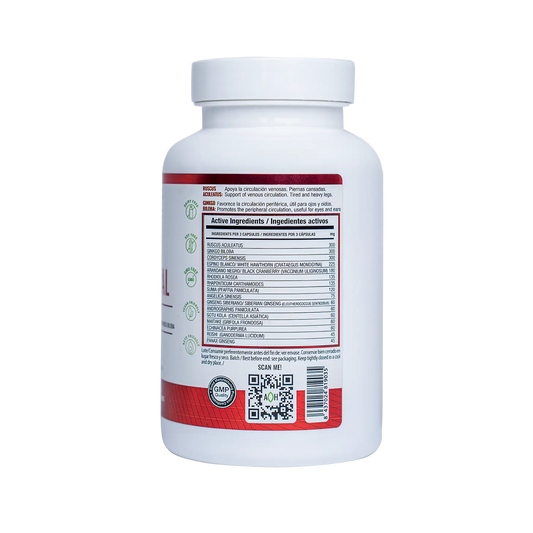Immune system weak or excessive?
The immune system is a complex network of cells, tissues and organs that work together to protect the body from infection and disease. However, this system can have significant variations in its functioning, leading to two opposite conditions: a weak immune system and an immune system with an exaggerated response.
Weak immune system
A weak immune system , also known as immunodeficiency, is characterized by an insufficient or compromised immune response, making the body more susceptible to infections and diseases. This condition can be congenital, meaning present from birth, or acquired due to environmental factors, diseases, or medical treatments.
Causes of immunodeficiency
Causes of immunodeficiency can range from genetic defects that affect the production or function of immune cells to chronic diseases that weaken the immune system. Some common causes of immunodeficiency include:
- Genetic deficiencies: Mutations in specific genes can affect the production or function of key immune cells, such as T and B lymphocytes, macrophages, and neutrophils.
- Autoimmune diseases: Autoimmune disorders such as systemic lupus erythematosus (SLE) and rheumatoid arthritis (RA) can weaken the immune system by attacking healthy tissues and cells.
- Viral infections: Some viral infections, such as HIV (human immunodeficiency virus), can compromise the immune system by attacking and destroying key immune cells.
- Medical treatments: Some medical treatments, such as chemotherapy and radiation therapy used in cancer treatment, can temporarily suppress the immune system and increase the risk of infections.
Health implications of a weak immune system
A weak immune system can have serious health implications , as it increases the risk of serious infections and chronic diseases. Individuals with immunodeficiency may experience recurrent infections, severe infections, or opportunistic infections caused by microorganisms that would not normally cause illness in individuals with a healthy immune system. In addition, autoimmune diseases associated with immunodeficiency can lead to chronic inflammation and tissue damage, increasing the risk of serious complications.
Immune system with exaggerated response
On the other hand, an over-reactive immune system is characterized by an overactive or dysregulated immune response, which can lead to chronic inflammation and tissue damage. This condition, known as autoimmune disease or hypersensitivity, occurs when the immune system mistakenly attacks healthy tissues and cells in the body as if they were foreign invaders.
Causes of exaggerated immune response
The causes of an exaggerated immune response can vary and may include genetic, environmental factors, and specific triggers. Some of the common causes of autoimmune diseases and exaggerated immune responses include:
- Genetic predisposition: Susceptibility to autoimmune diseases may be hereditary and may be associated with certain alleles of genes related to the immune system.
- Environmental factors: Environmental factors such as exposure to toxins, viral infections, and changes in the gut microbiota can trigger exaggerated immune responses in genetically predisposed individuals.
- Immune system dysfunction: Disturbances in immune system regulation, such as overproduction of proinflammatory cytokines or excessive activation of immune cells, can trigger exaggerated immune responses.
- Specific triggers: Some autoimmune diseases can be triggered by specific factors, such as stress, exposure to sunlight, certain foods or medications, and physical or emotional trauma.
Health implications of an overactive immune system
An exaggerated immune response can have serious health implications, as it can lead to chronic inflammation, tissue damage, and organ dysfunction. People with autoimmune diseases may experience a variety of symptoms, which can include fatigue, joint and muscle pain, fever, rashes, digestive problems, and breathing difficulties, among others. In addition, autoimmune diseases can increase the risk of serious complications, such as cardiovascular disease, neurological disorders, and cancer.
In summary, both a weak immune system and an over-reactive immune system can have significant implications for health and well-being. While a weak immune system increases the risk of infections and diseases, an over-reactive immune system can lead to chronic inflammation and tissue damage.
Understanding the differences between these two immune system states is critical to the proper diagnosis and treatment of immune and autoimmune conditions. If you are experiencing immune-related symptoms, it is important to see a doctor for proper diagnosis and treatment.













Leave a comment